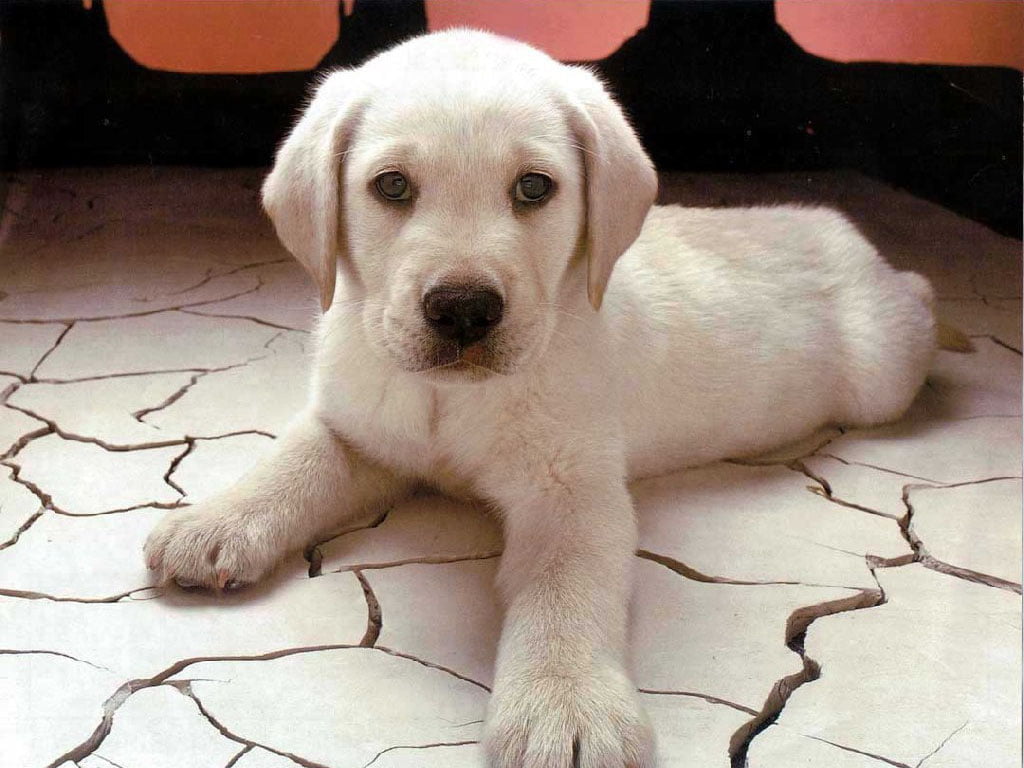
Eating Poo: The habit that dare not speak its name…
As much as we love our pet dogs, they have a great capacity to gross us out. Whether it’s sniffing each other’s bums, eating stuff that would barely pass for roadkill or licking their own wedding vegetables (admittedly, men everywhere are jealous of their ability to do that), there is one habit which we at Dream Dogs, with our cast-iron stomachs and an unflinching willingness to discuss anal glands, blanch at: coprophagia.
 In plain English, coprophagia is when your dog will eat its own stools. There’s no doubt that it’s a pretty disgusting habit, so why does your pooch do it? Surprisingly, there are a couple of good reasons for this behaviour.
In plain English, coprophagia is when your dog will eat its own stools. There’s no doubt that it’s a pretty disgusting habit, so why does your pooch do it? Surprisingly, there are a couple of good reasons for this behaviour.
The first one lies with an ancient survival instinct. A wild adult dog would ingest a puppy’s poop in the communal den to make sure it was a hygienic environment, and to remove any smells that would attract predators. The second reason is somewhat controversial, and regards a lack of vitamins K and B in a dog’s diet; these nutrients are found in stools, and it’s thought that dogs instinctively eat them to make up for this deficiency. There are also documented cases of dogs that are submissive eating the faeces of dominant dogs, but the reason for this is not yet understood.
So, what are the health risks? Surprisingly, there are no real health issues. If your pet eats the faeces of wild animals, there is a chance that he will contract worms or other intestinal parasites, so regular de-worming is essential. Stools that have been left for a while will contain fungus and fly larvae, which may well have health implications. Also, there are some diseases which can be spread through faeces, but your dog should be safe from these as long as he is vaccinated.
Even taking into account all of this, it’s still a behaviour that you would probably want to discourage your dog from indulging in, so how do you do so? There are products available that can be mixed with his food, and will make his stools taste funny (well, funnier than they would usually taste at least). These can be effective, but will not stop him from eating the faeces of other dogs or animals. Some people have experienced success with dousing stools with hot sauce or powdered mints.
However, the best means is probably prevention. With lots of stimulation and supervision, your dog can learn to drop this habit. If necessary, keep him on a lead when out walking, particularly if you take him to an area where there are lots of faeces lying around, such as the woods. Also, be sure to use a pooper scooper – at the very least, your neighbours will thank you.
Your dog should be cured of his behaviour after a month or two, but if not, it’s best to see a vet in case there are any health problems contributing to this behaviour.